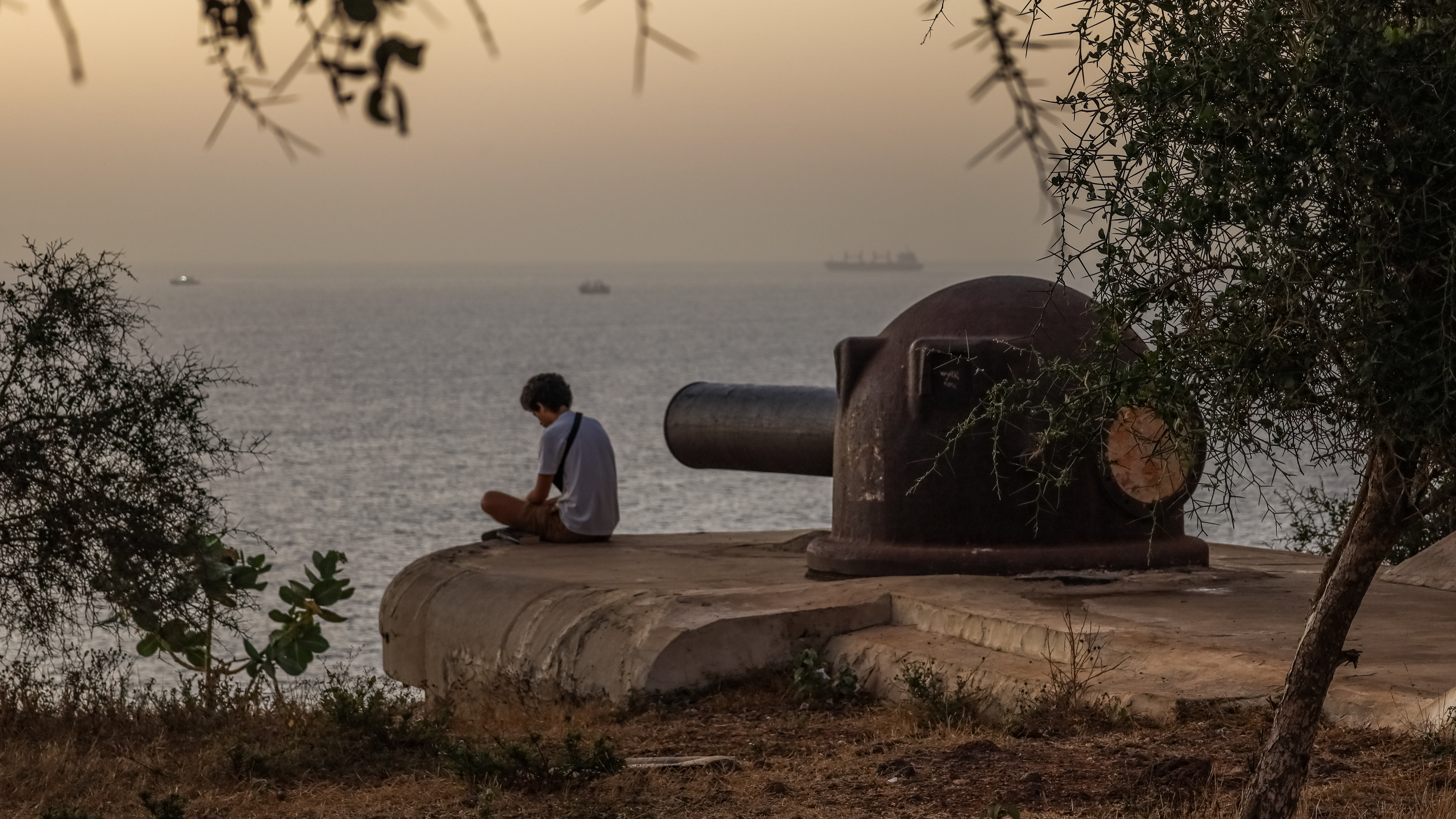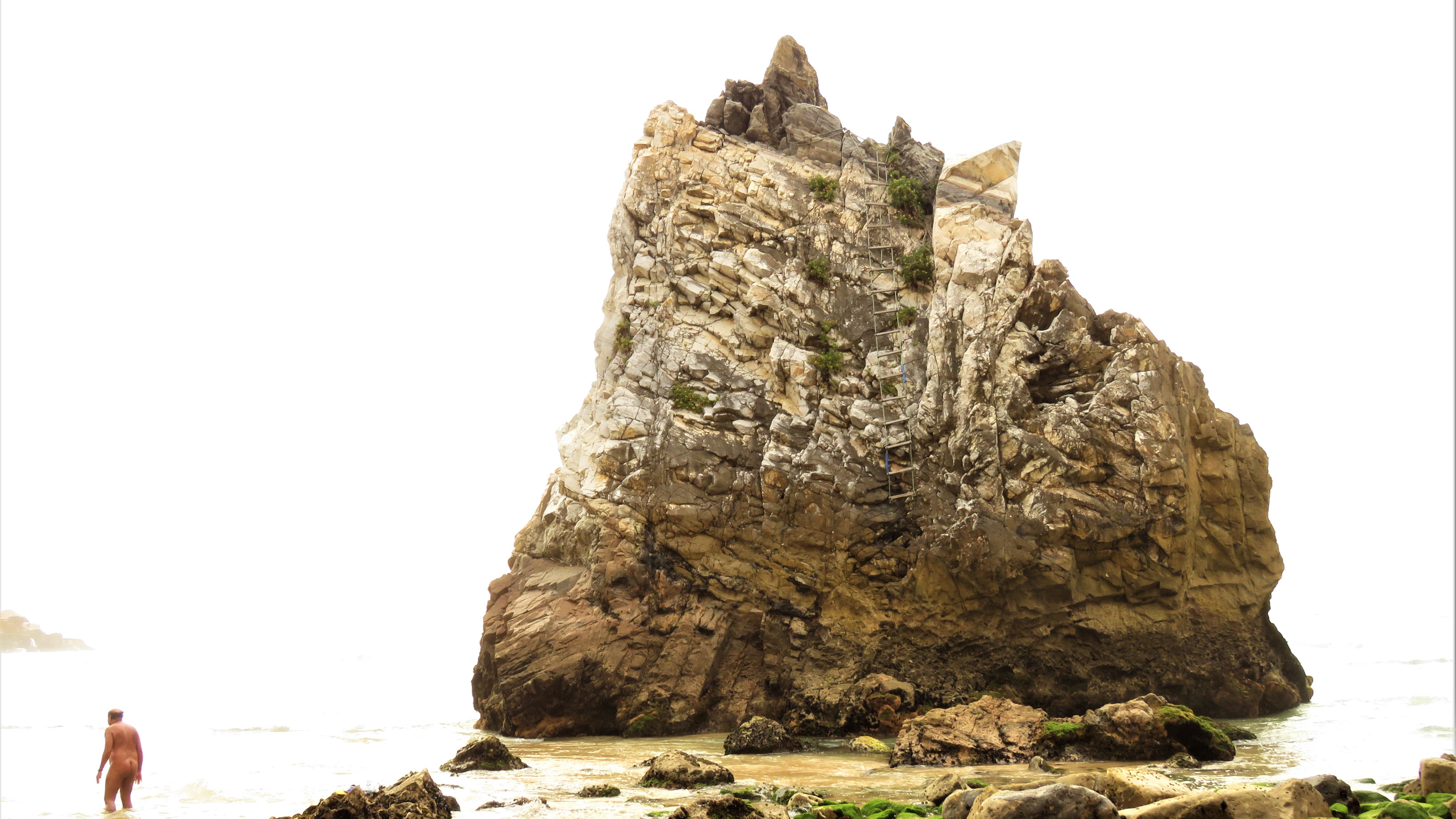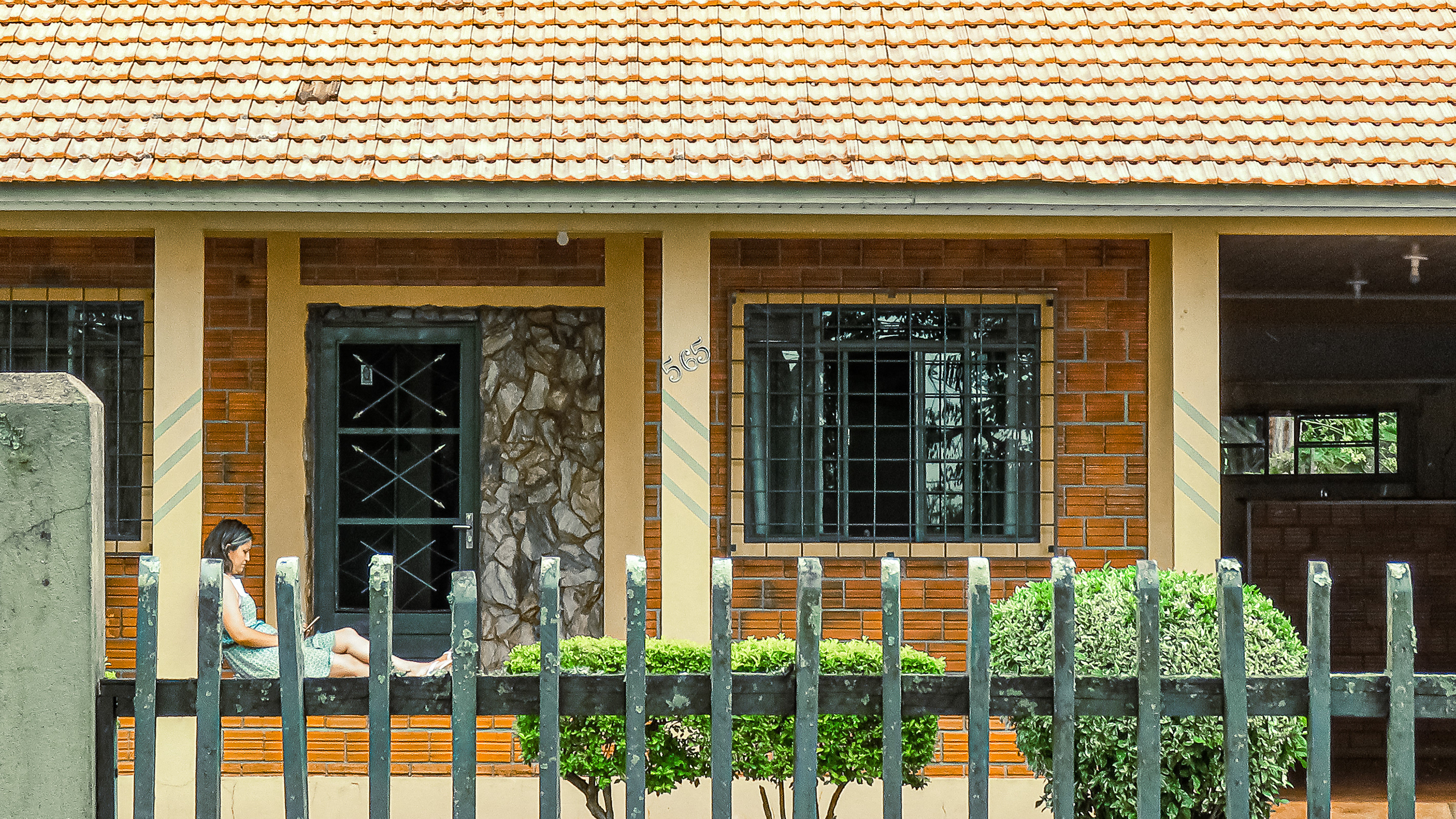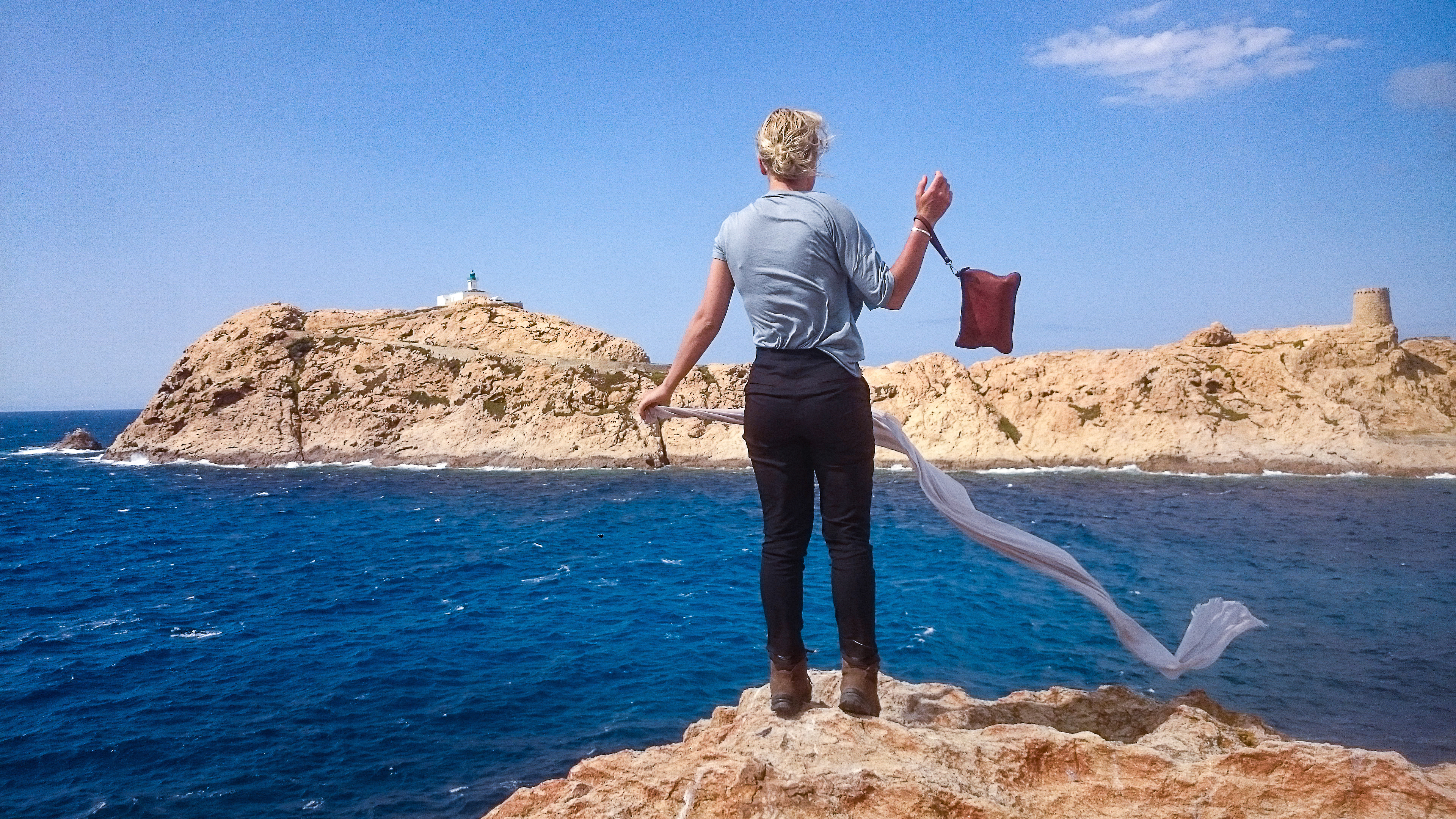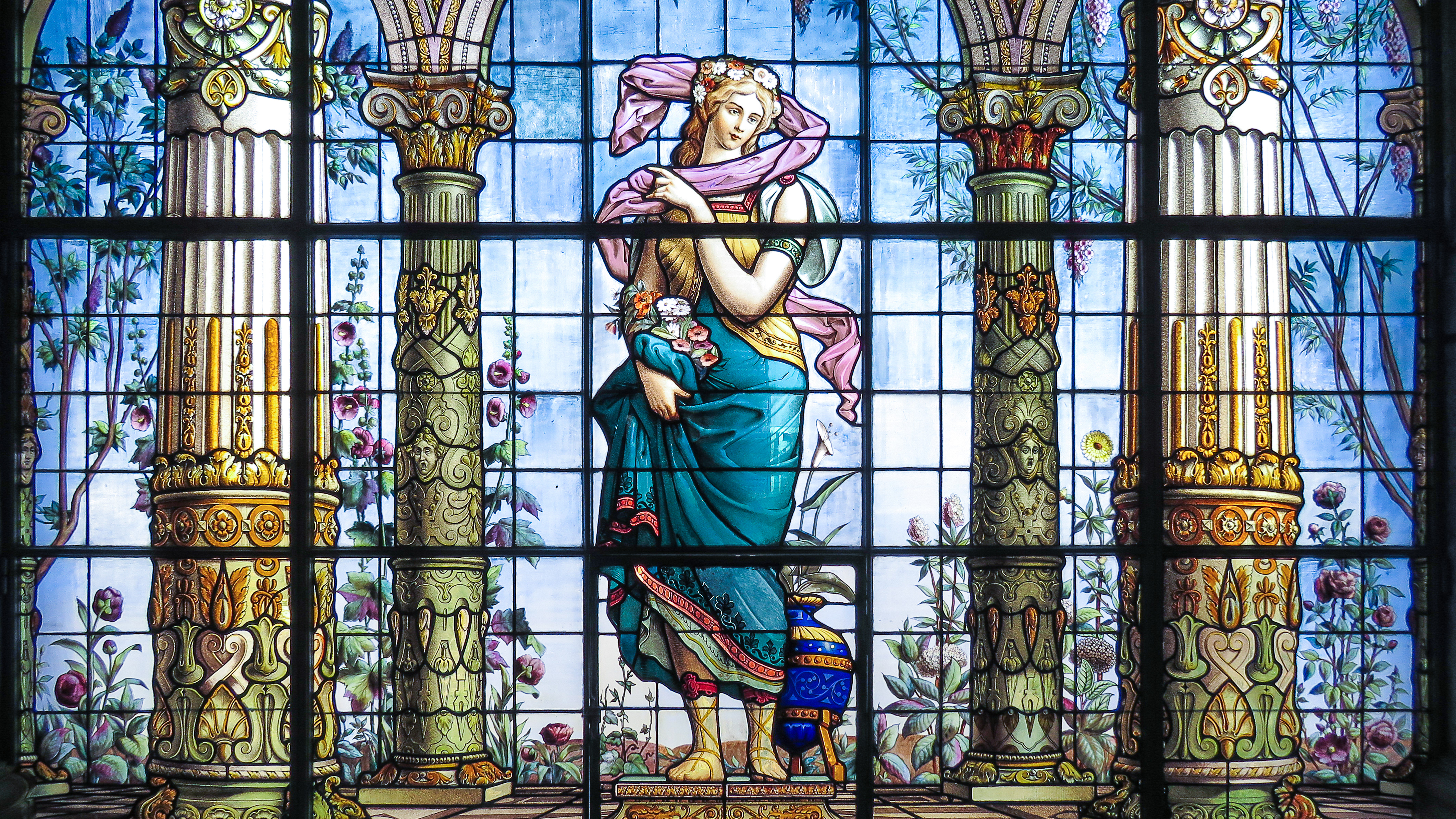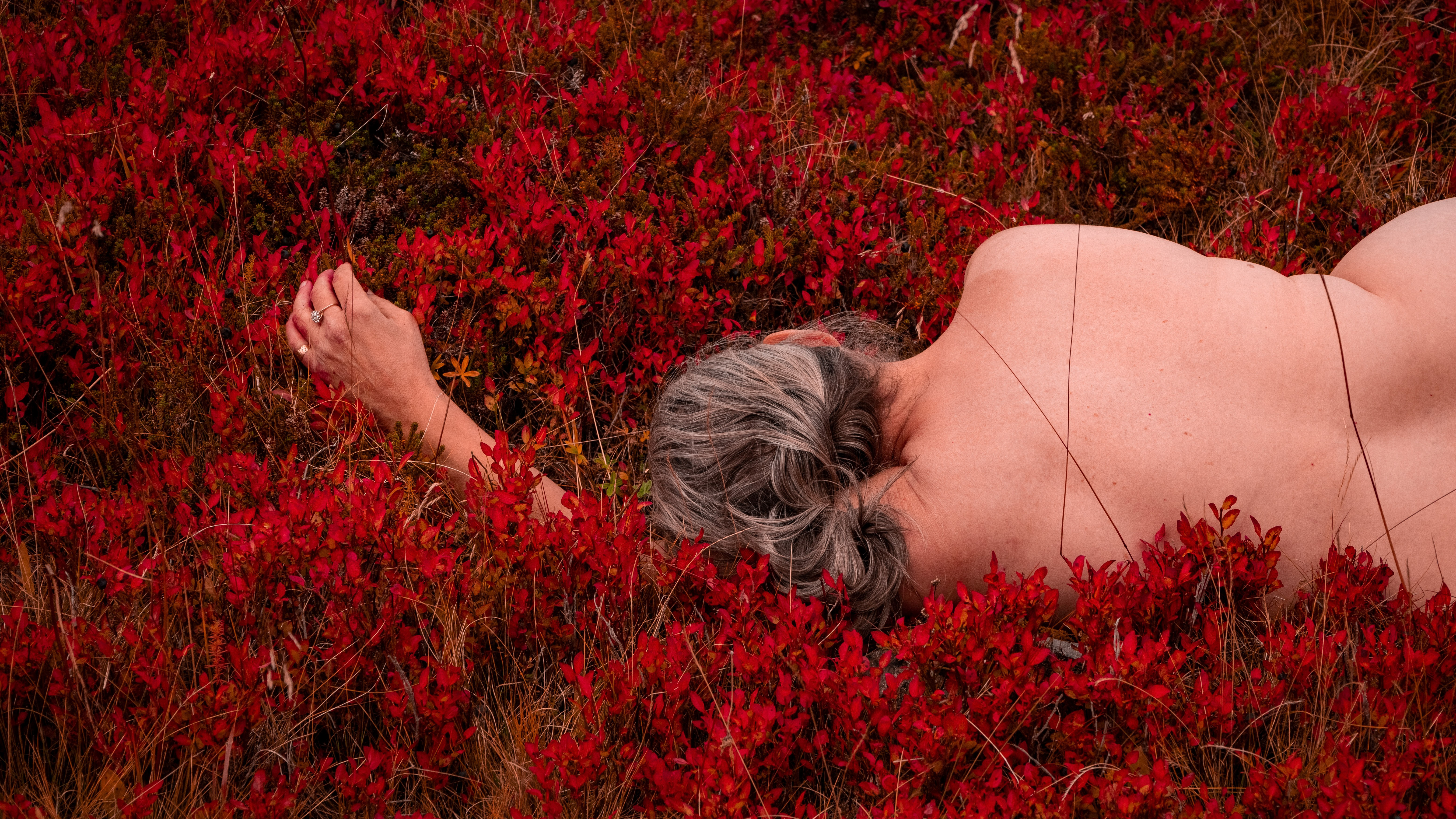Babies are born gender-free. Chromosomes and genitals differentiate them from each other, but in the first months of their lives, it is mostly their surroundings that tag them as “blue or pink.” As years go by, the choice is between trucks or dolls, soccer or hairdressing, pants or a dress.
Since we are not programmed to prefer one behavior pattern over the other, why do we end up choosing only one of the traditional divisions, man or woman?
As a 7-year-old, I had a pretty active social life. Our house was on a cul-de-sac. This helped the local kids form one happy group, which spent most of the time out and about looking for troubles. We were boys and girls between the ages of 6–12, and we did more or less everything together until we reached puberty.
Between running in the forest and playing hide and seek, there was one game that was quite exceptional. It was The Flower Shop game. We would scavenge the gardens of the local neighborhood and the hills around us for the most beautiful spring flowers, arrange them in a small bouquet, and set up a small local market to trade them with each other.
This may seem a peculiar game from an adult perspective, but we were caught up in it for a few weeks, and despite the damage to the local front yards, our parents loved seeing us, boys and girls, playing in such a naive and non-violent way.
No one was judged for being out of his gender role, and we felt comfortable exploring this game. Today it would probably be embarrassing for some to recall this memory, but that’s just because of what we have been programmed to think.
---
I met Paris in a gas station in a small rural town in Galicia, Spain. She has long hair, a flannel shirt, and farmer's boots. A layer of makeup covers her face, and she drives a big 4x4 that clearly emits an extensive amount of black smog.
I followed her on rural roads as the houses became more and more scarce. We slowed down as she greeted a couple of old villagers and continued until we were surrounded by thick, lush forest with no soul or signs of human activity in sight.
I followed her on rural roads as the houses became more and more scarce. We slowed down as she greeted a couple of old villagers and continued until we were surrounded by thick, lush forest with no soul or signs of human activity in sight.
Two more minutes down the hill on a bumpy dirt road, and we arrived at her sanctuary. Here, in a small wooden cabin she built herself, completely isolated from the rest of the world, Paris transformed.
Five years ago, Paris started this project with her then partner, seeking to build a small self-sufficient paradise in the wild.
Five years ago, Paris started this project with her then partner, seeking to build a small self-sufficient paradise in the wild.
“We fell in love in London; it was a fiery romance. We met in February, in April went for a trip to Galicia, and in July already bought this property. My ex-partner always said we can do everything we want to. I don’t have the same confidence as him, but I followed, and we managed to create this wonderful place. Everything was so fast, but I don’t regret anything.”
Two years ago, her partner decided to retreat from this isolating environment and left back to the city. Paris has been left alone and lonely in what used to be their paradise, refusing to leave this dream behind. Cocooned from the rest of the world, Paris held on to these trees only to re-emerge as what she deep inside knows she really is. A woman.
Before the rough breakup, Paris was Jason. But Jason never felt comfortable with the role nature and society had given him and made up his mind to be the butterfly he was meant to be.
In a world that is gradually stepping away from the traditional binary definition of gender, transsexuals become freer to express themselves in society the way they feel is right for them. But what makes the story of Paris so unique is that she chose to transform away from society, where no one is looking, judging, or expecting her to be in a certain way.
“The transition comes from within. One of the difficult things trans people have to deal with is the constant tension between trying to express an inner truth and the desire to feel comfortable in society. More and more people are trying to explore gender out of the traditional binary, but if we put that aside for a moment, still on the street people will see you as one thing or another.
It’s the same tension cis people deal with. They are supposed to behave in a certain way according to the culture they are a part of. Trans people have the same tension, and if they don’t live up to a certain standard, they will start to attract some aggravating attention and hostility. They now will be more drawn to perform a certain culture rather than being in their element. Society makes us perform this femininity so we would be read in the way we wish to. Then on the other hand, we get criticized for taking it to the extreme and perhaps support the misogynist culture.”
It’s the same tension cis people deal with. They are supposed to behave in a certain way according to the culture they are a part of. Trans people have the same tension, and if they don’t live up to a certain standard, they will start to attract some aggravating attention and hostility. They now will be more drawn to perform a certain culture rather than being in their element. Society makes us perform this femininity so we would be read in the way we wish to. Then on the other hand, we get criticized for taking it to the extreme and perhaps support the misogynist culture.”
Would you prefer to be gender-free?
“I don’t know where this sense of gender comes from and why I feel more comfortable in this way than the other. I don’t know. But I’m sure that I’m uncomfortable when I’m being seen as a man.
What does it mean to have neutral gender? To take off all the cultural attributes!? As a trans, you have to retrain yourself to be something beyond the regular perception of gender. It might seem artificial, but then you understand that authenticity is only a habit. We are still socially ‘gendered.’”
What does it mean to have neutral gender? To take off all the cultural attributes!? As a trans, you have to retrain yourself to be something beyond the regular perception of gender. It might seem artificial, but then you understand that authenticity is only a habit. We are still socially ‘gendered.’”
When you live in a place like this, sometimes you don’t see anyone during the whole day. You don’t need to put on earrings, dress, or makeup. No one sees you as a man or a woman. So what makes you… you?
“When I’m alone for a few days, sometimes I won’t cut my facial hair that is still growing. After a few days, I would look at myself in the mirror and feel that I’m not myself. Then I’ll put on some makeup and earrings, and suddenly I feel better. Theoretically what you’re saying makes sense, but that cultural shit clings to us, and it’s not easy to take it off like clothes.”
In these remote parts of Galicia, the phenomenon of young people moving to the main cities is very much noticed. The local rural population is significantly older, which influences the landscape. Most of the land in Galicia is commonly owned by local communities, but there is not enough manpower to maintain those lands, and potential buyers are rarely to be found. Therefore, when two young men moved to this valley 5 years ago, the local conservative community was very supportive, despite their sexual orientation.
Now, when pushing the boundaries further, and introducing yourself to your neighbors as Paris, how has their perception of you changed?
“I haven’t been dealing with it, to be honest. I only spoke with one neighbor explicitly about it, but of course, they all noticed the change. I still have a few conversations to go through. Being here down in the valley keeps me out of sight if I wish to. Trans people need to develop thick skin and walls to be able to deal with society. Hiding kept me a bit softer. Besides a couple of incidents, for a small rural area, the reaction is very positive. I feel more comfortable than when I was a gay man in England.”
Paris and her partner always had volunteers that helped them build this little paradise, but as Paris started the transition, she felt more vulnerable to be around people who might not resonate with her process. Therefore, she decided to transform also the project and make it a sanctuary for trans and queer people.
Since this change, many people have passed through, all of them considering themselves somewhere on the scale between male and female, avoiding the traditional binary trap.
“Once these queer people started to show up, and I noticed how much they valued it, it made me fall in love with this project again. The queer community really needs those kinds of spaces where they can develop their narrative outside of the observing eye of society.”
In gender studies today, we learn that we are all born partly feminine and partly masculine, but as we grow up, as a societal constraint, we relate to only one gender, the one that is reflected by our genitals. Unfortunately, in most societies, it’s not up to us where to put ourselves on that spectrum and how to communicate it to the world.
Those limitations are there to be broken, and hopefully soon, we will obey one simple law of nature regarding our chosen identity: ‘One can show itself as one wants to be seen,’ even if there is no one watching…
